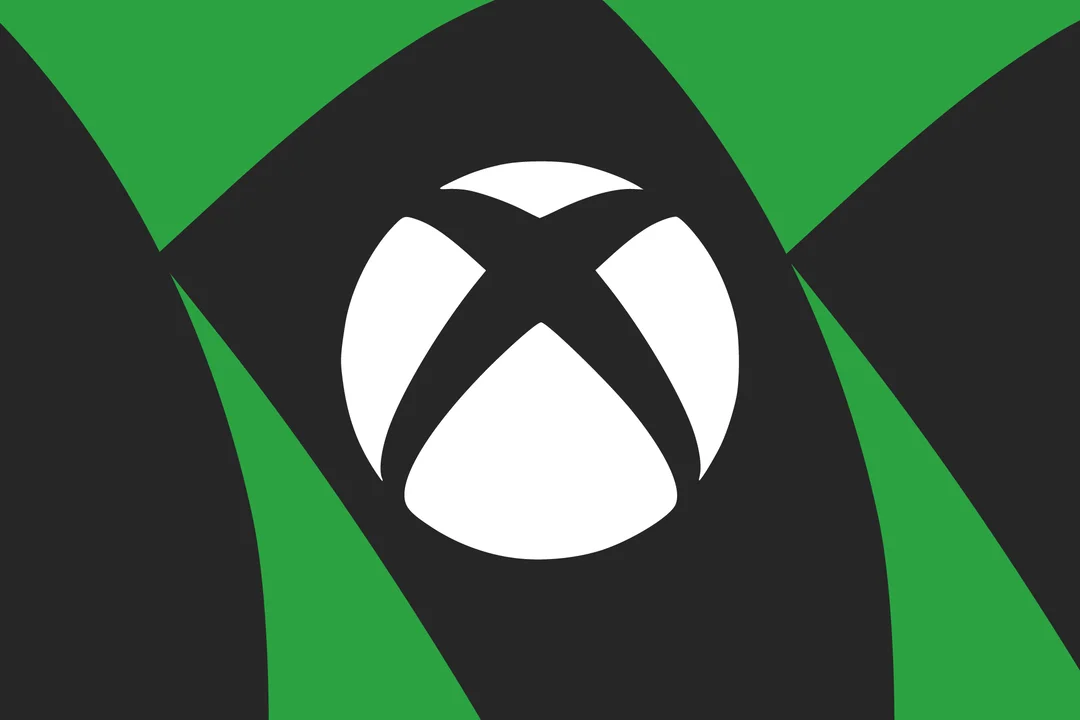
FTC Fails Again to Block Microsoft’s Activision Blizzard Deal: What’s Next?
The Federal Trade Commission (FTC) has suffered another setback in its attempt to halt Microsoft's $68.7 billion acquisition of Activision Blizzard. An appeals court has affirmed a previous ruling, denying the FTC's request for a preliminary injunction to prevent the merger. This decision marks a significant moment in the ongoing saga, raising questions about the FTC's strategy and the future of competition in the gaming industry.
The FTC initially filed a complaint in 2022, arguing that Microsoft's control of Activision's content would allow it to unfairly disadvantage competitors. The agency claimed Microsoft could withhold or degrade Activision's games, thereby lessening competition in terms of product quality, price, and innovation. However, a district court judge rejected this argument, and now, an appeals court has upheld that decision.

As reported by Reuters, the appeals court panel stated that the FTC had failed to demonstrate a sufficient likelihood of success on the merits of its theories. While the deal was completed in October 2023, nearly two years after its initial announcement, the legal battle continued. "The deal is still the subject of an administrative proceeding that remains pending before the FTC," the court noted.
The 9th U.S. Circuit Court of Appeals unanimously rejected the FTC's challenge, emphasizing that the lower judge had correctly applied legal standards and that the FTC failed to prove the merger would restrict competition. This ruling follows the UK's approval of the deal in late 2023, demonstrating a divergence in regulatory approaches across different international markets.
Judge Jacqueline Scott Corley previously stated in July 2023 that the FTC had not shown Microsoft's ownership of Activision would "substantially lessen competition in the video game library subscription and cloud gaming markets." The FTC's appeal centered on the argument that the court had used an overly stringent standard when considering the preliminary injunction. However, the appeals court disagreed.
The Activision Blizzard acquisition is the largest in video gaming history. Its completion underscores Microsoft's ambition to dominate the gaming landscape, but the FTC's continued scrutiny suggests this isn't the end of the story. What are the implications for the future of gaming competition? Will the FTC continue to pursue its administrative challenge? Share your thoughts in the comments below.